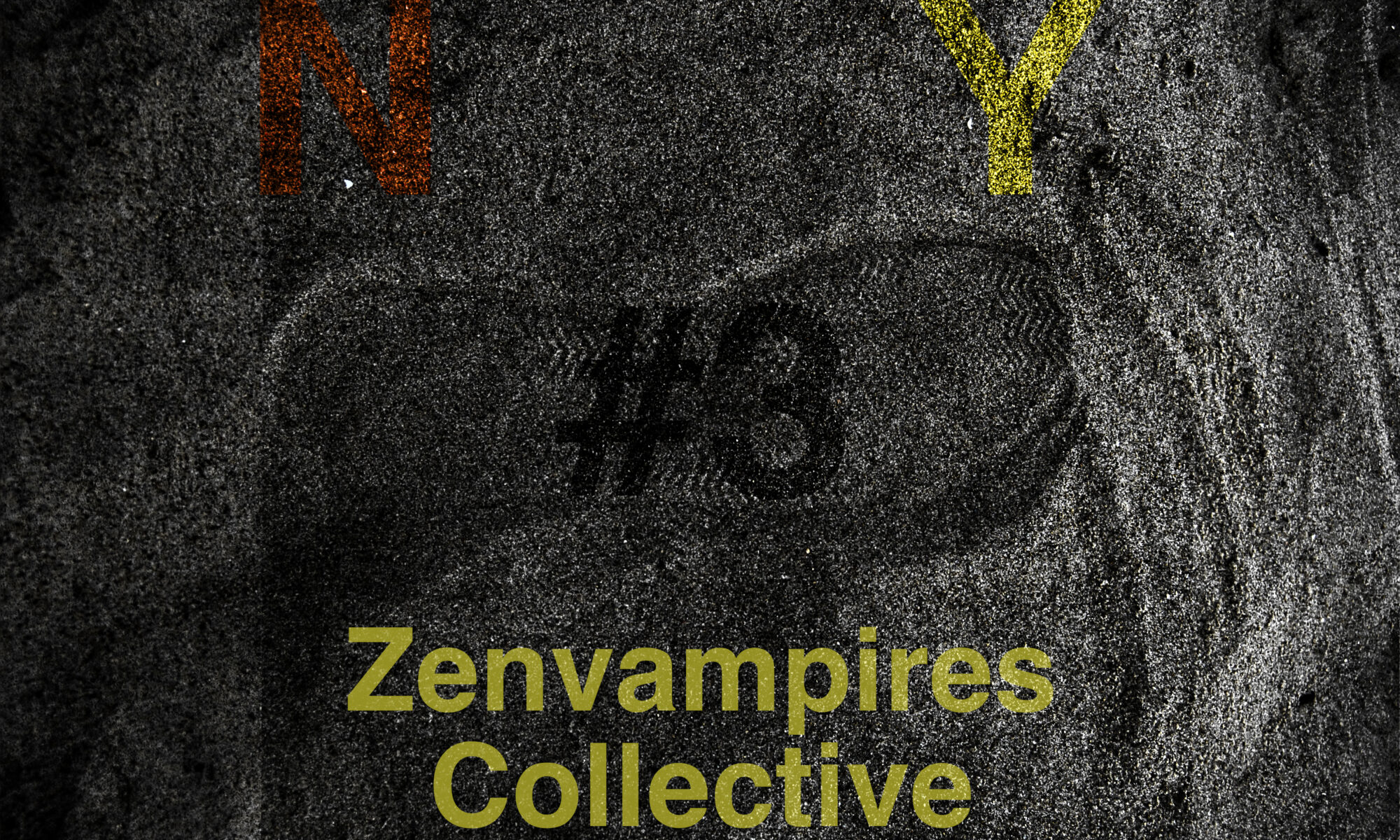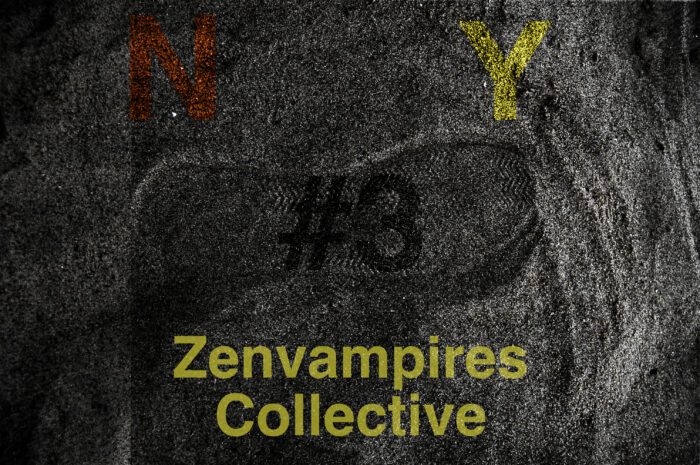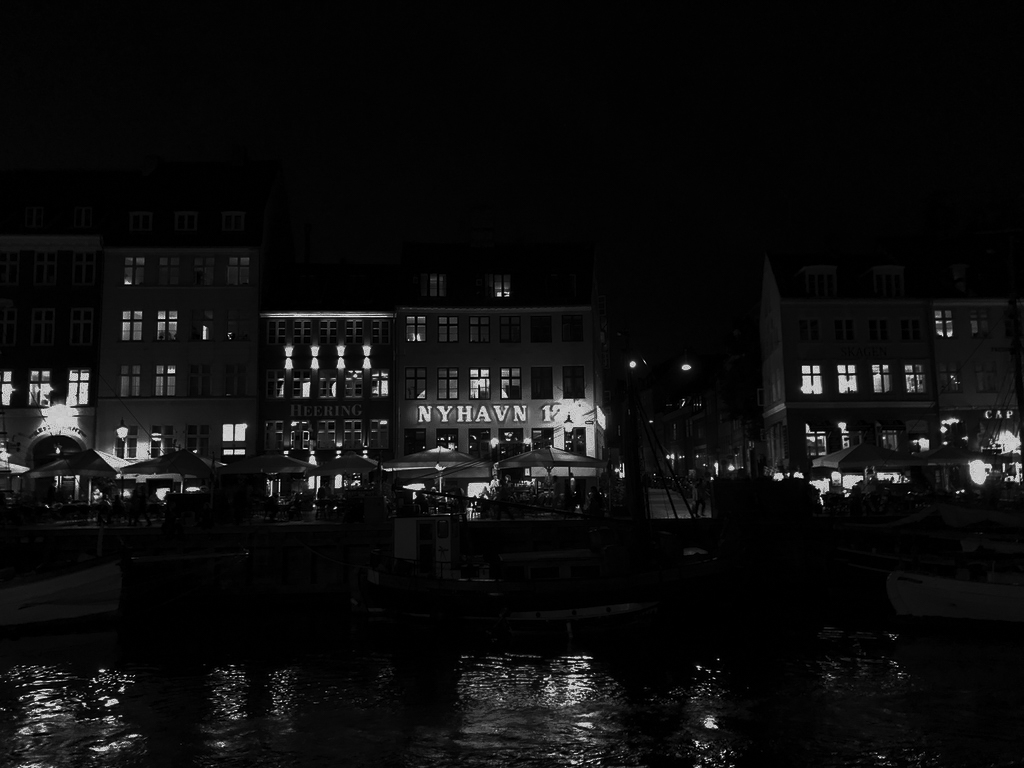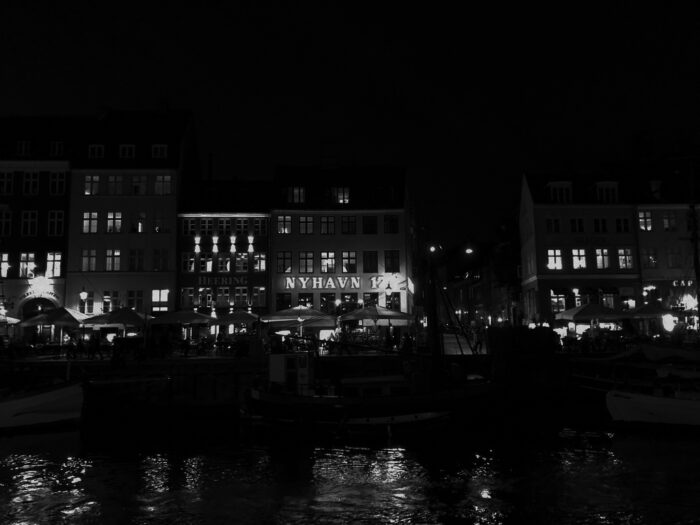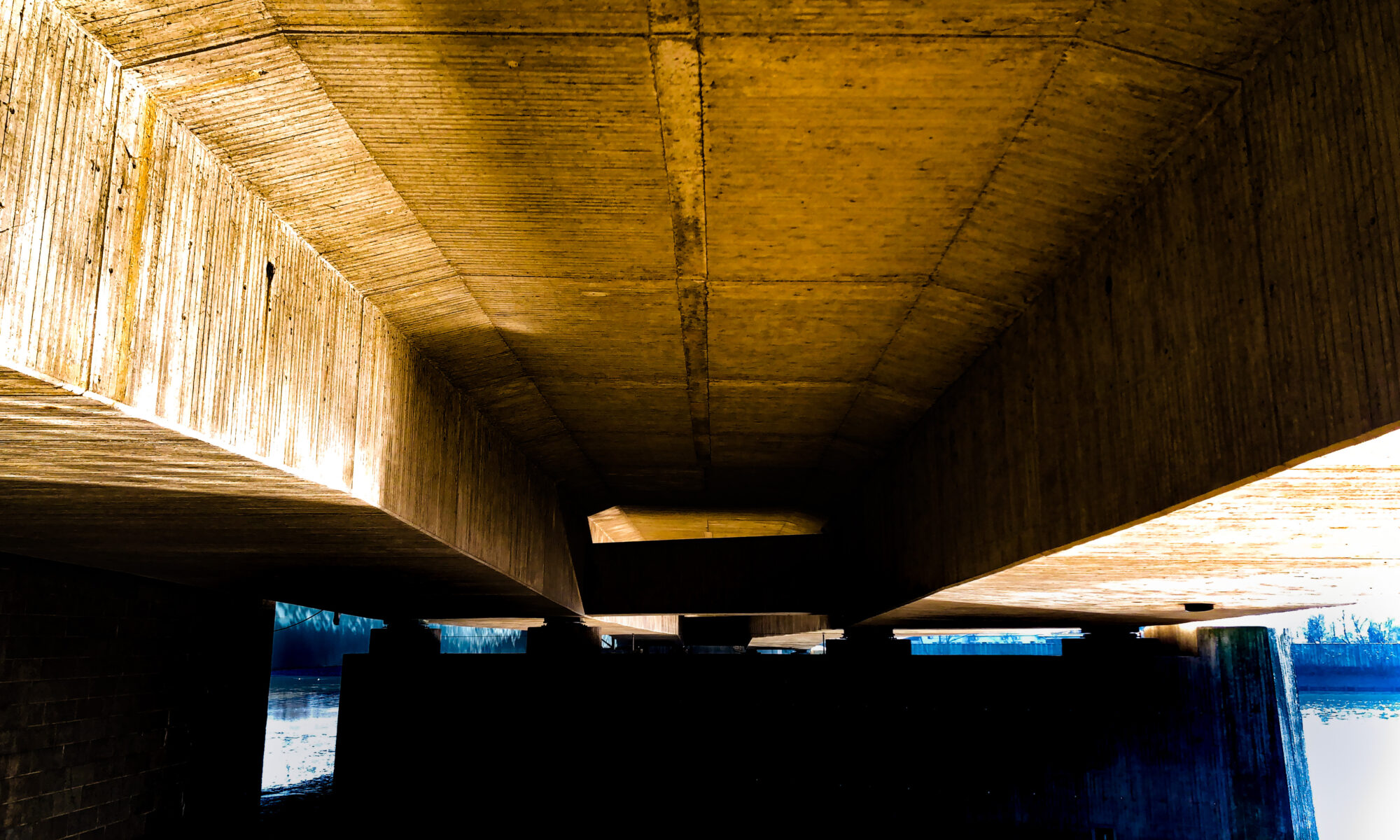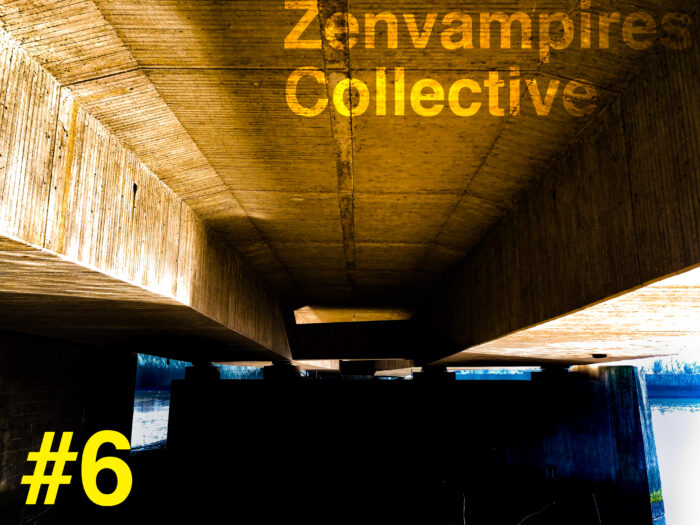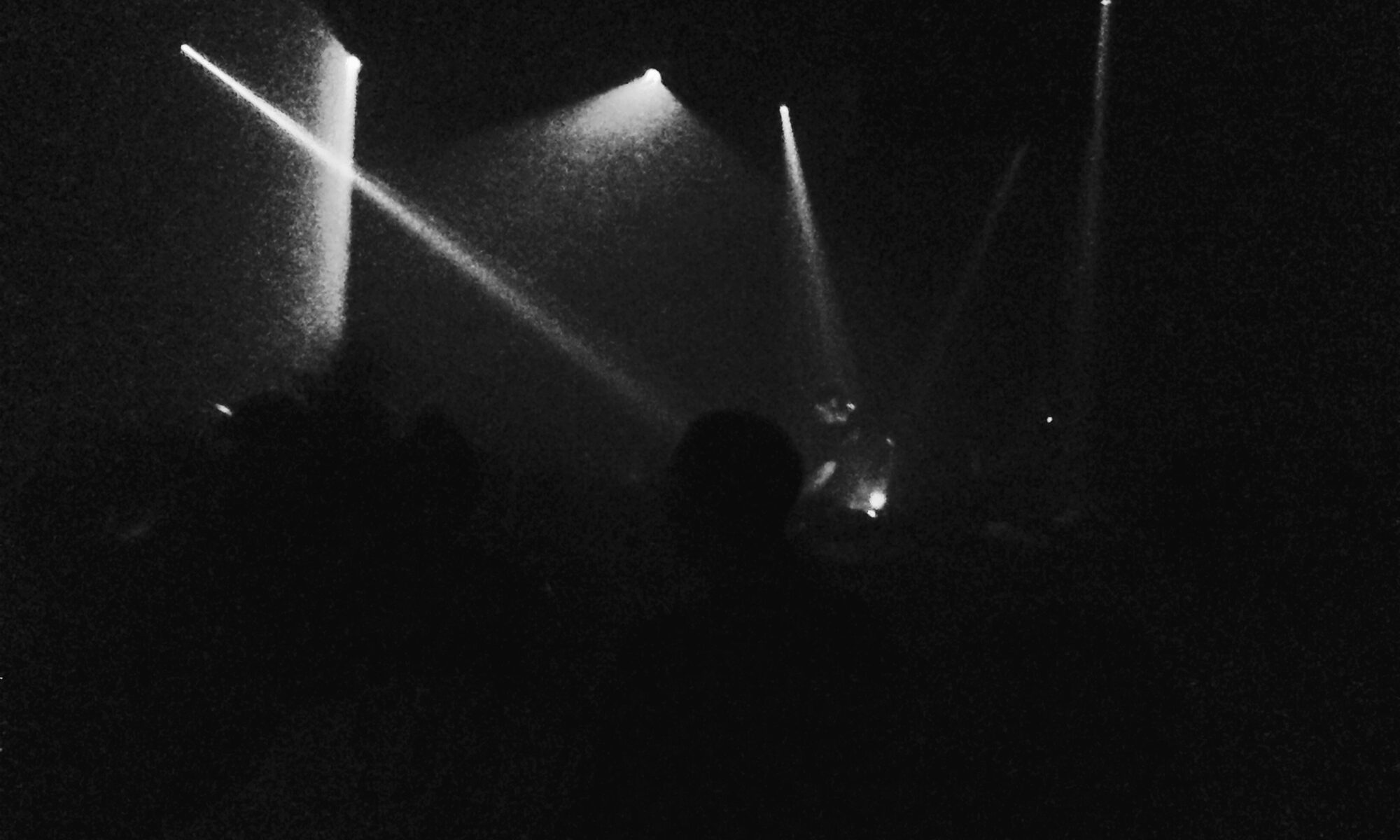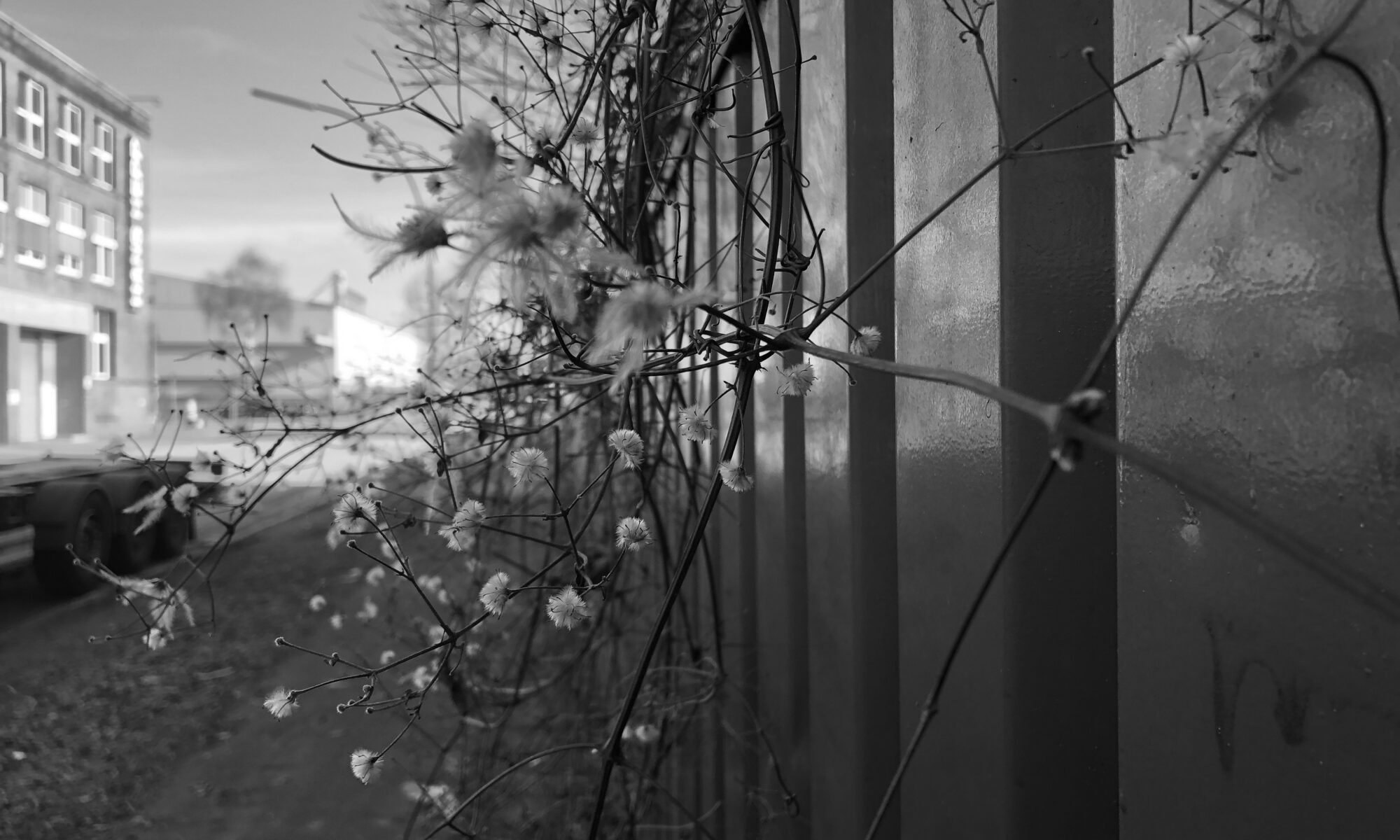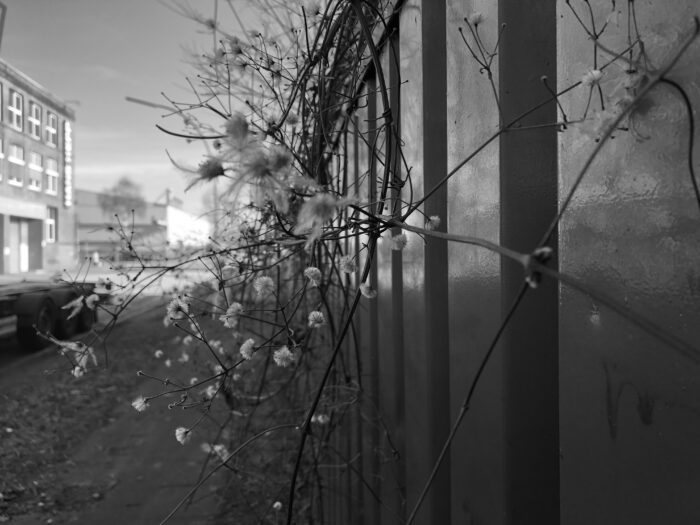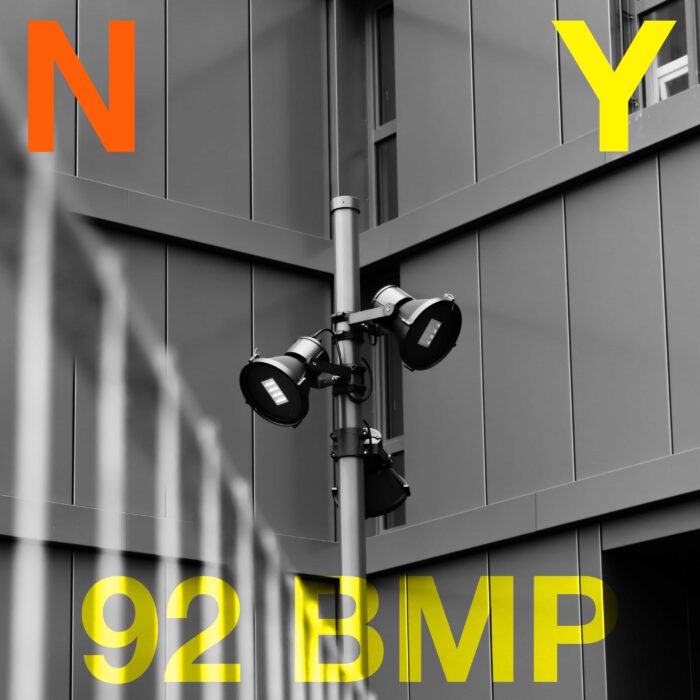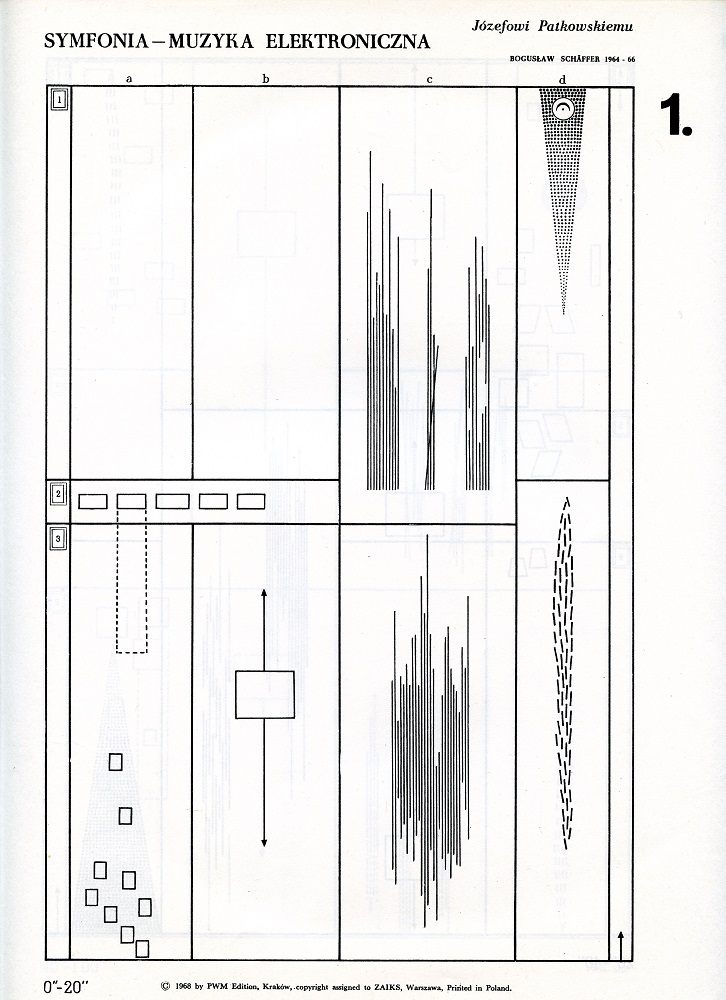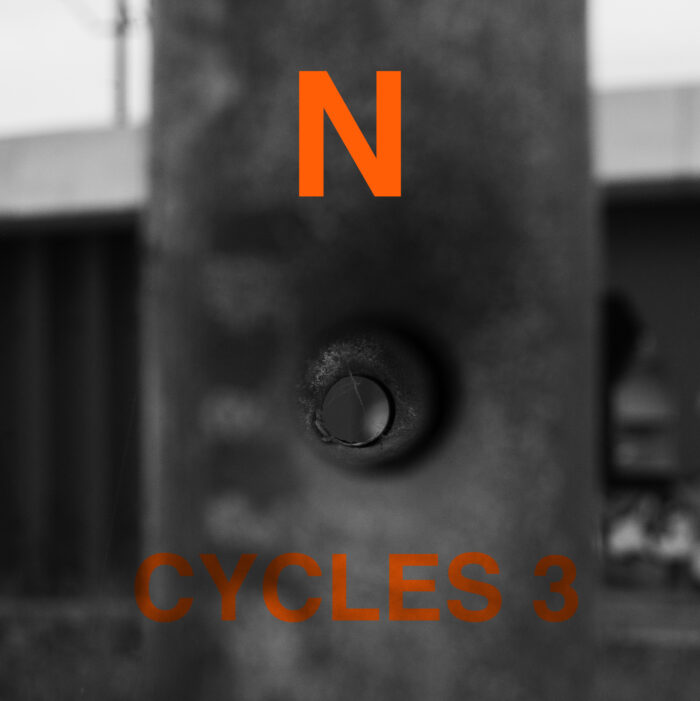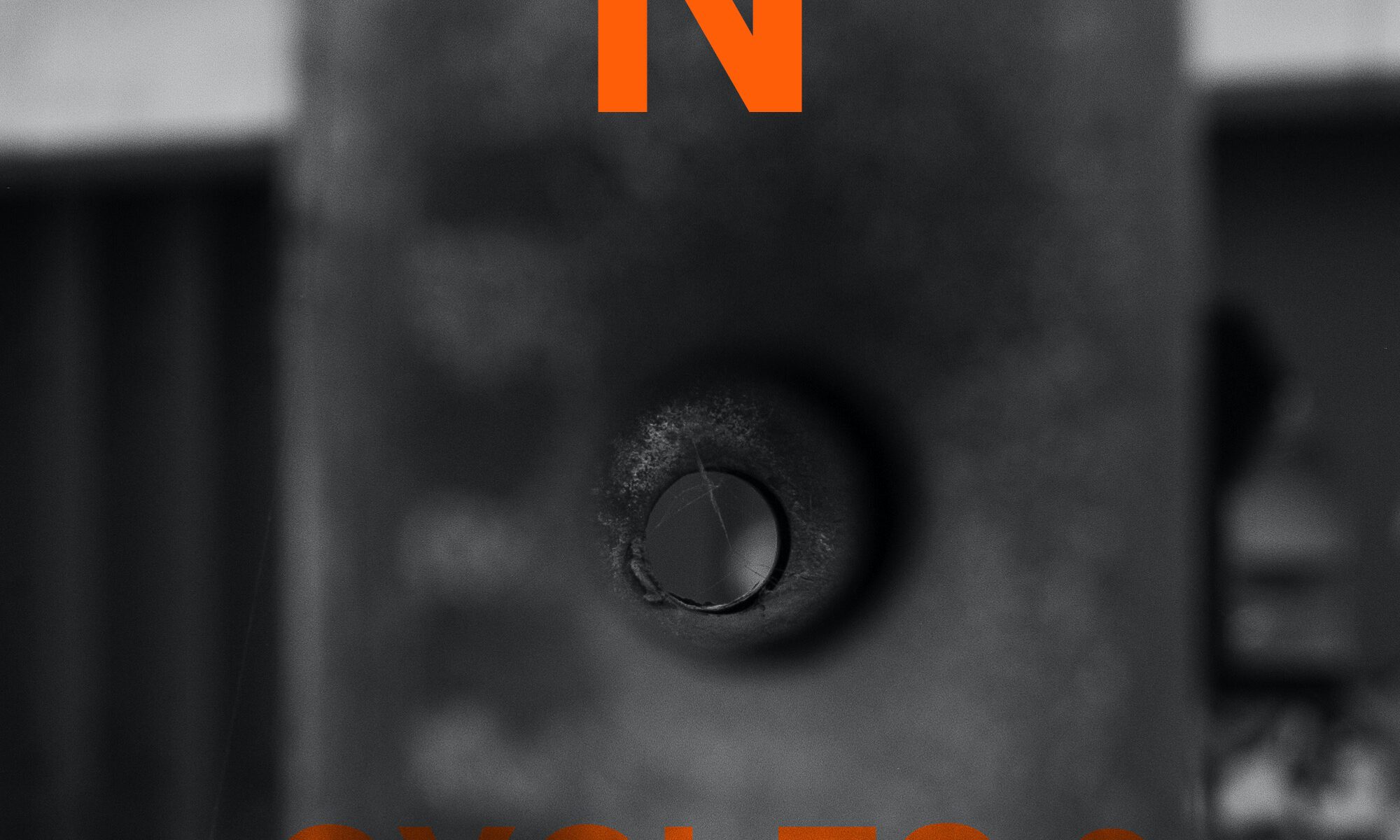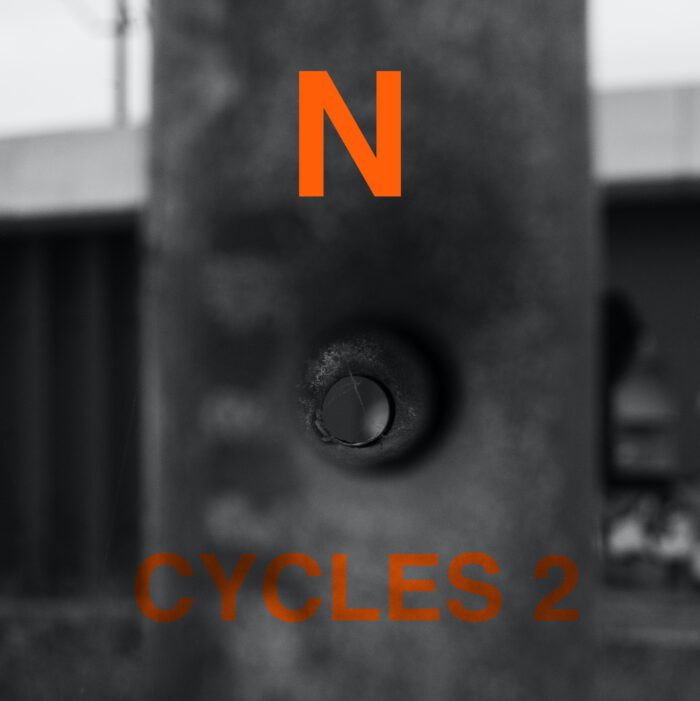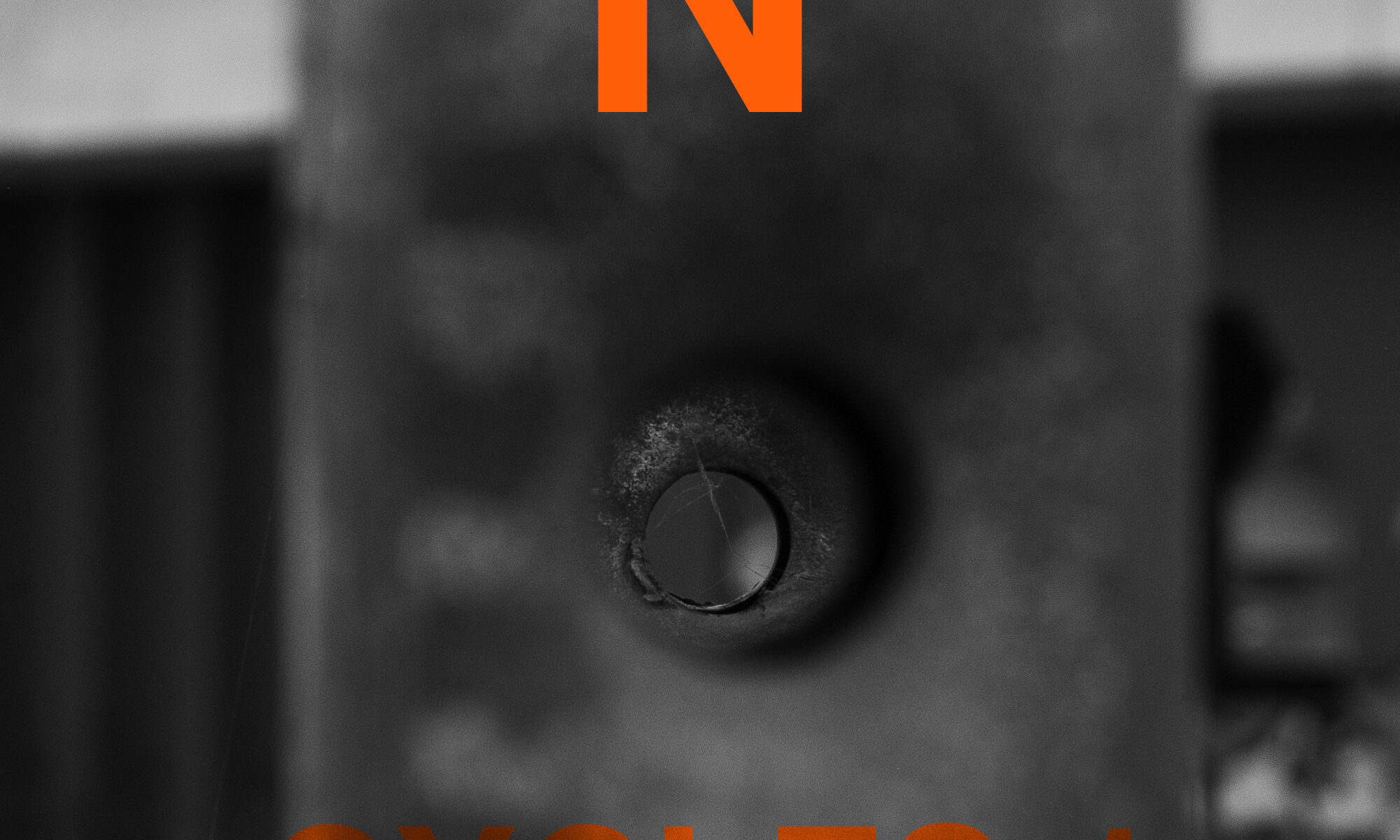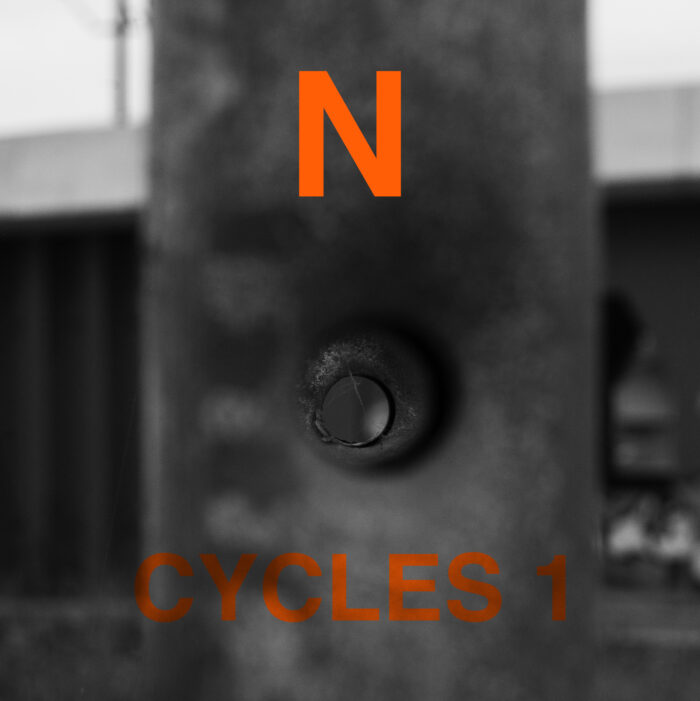Zwei Konzepte. Drei Ideen. Ein Album
#6
blurred edges
Tiny tunes
92 BMP
Polish Radio Experimental Studio
Töne. Manchmal auch Stille. Manchmal auch das Hier. Und das Jetzt. Und ich denke dabei nicht an Zen. Ich kann dabei auch daran denken, was diese mit mir machen. Oder daran, die Welt zu erfassen. Ich kann mich dem Phänomen des Tons hingeben (und dabei gar nicht an Sloterdijk denken und seinen Postulat, Philosophie als Möglichkeit der Entdeckung zu nutzen). Dann können Töne ähnlich den husserlschen Briefkästen erfasst. Als etwas, was betrachtet wird, als etwas, das erfasst wird.
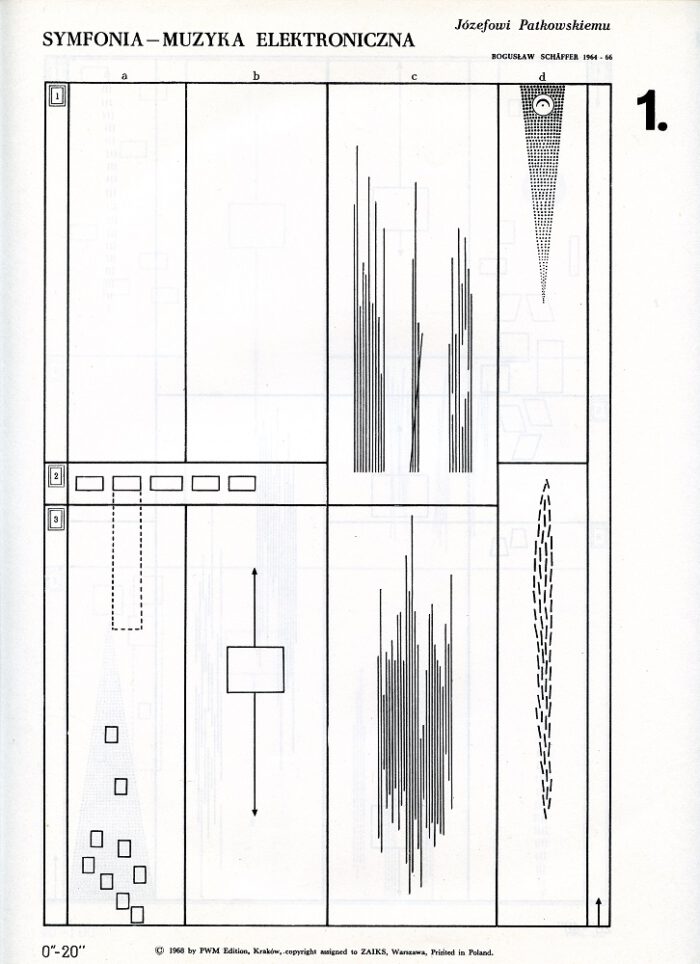 Bogusław Schaeffer, ‘Symphony – Electronic Music’, 1964, 1st page of the score. AUREA PORTA Foundation CC BY-SA 4.0
Bogusław Schaeffer, ‘Symphony – Electronic Music’, 1964, 1st page of the score. AUREA PORTA Foundation CC BY-SA 4.0
Dabei fällt mir auch eine zweite Perspektive ein. Unser Gehirn erfasst die Realität und gibt unserem Bewusstsein lediglich ein Abbild dessen, was wir sehen. Es fällt vor Allem bei den Kanizsa Experimenten auf. Und ähnlich funktioniert es bei Tönen. Wir erwarten eine gewisse Tonfolge. Denn daran ist unser Gehirn gewohnt. Weichen diese Tonfolgen ab oder hören wir neue Töne, so müssen diese erstmal verarbeitet werden. Wenn gewohnte Tonfolgen auf ungewohntes treffen, wird es von unserem Gehirn zunächst als ein Fehler wahr genommen. Aber nicht immer. Und dann hören wir.
Das Portal culture.pl hat nicht nur einige Tonfolgen zur Verfügung gestellt (für die Musiker unter uns) sondern auch einen Film über das Experimentelle Studio des Polnischen Radios veröffentlicht. Es lohnt sich zu lauschen. Und zu schauen. Und darüber nachzudenken.
ACHTUNG:
Alle Links sind extern.
Der Film unter dem folgenden Link:
https://www.youtube.com/watch?v=_ldAxZuzruQ&feature=emb_title
